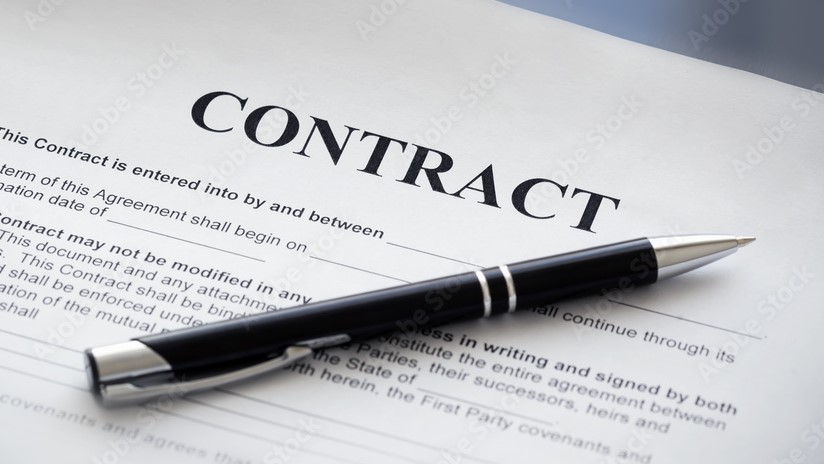What impact will the cost-of living crisis have on your business?
Three quarters of small businesses have cited the cost-of-living concerns to be the biggest immediate threat to their business over the next year. This comes from a recent report published by PayPal titled ‘Build Business Resilience’ which identified that alongside the issues caused by the cost-of-living crisis, are major concerns towards the increase in cost of raw materials and the challenges to maintaining a steady cash flow.[1]
The bottom line of the survey highlighted the rising anxieties towards the increasing costs of materials, however, ensuring that a business has a robust set of terms and conditions along with appropriate clauses may offer some protection against such rising costs.
Price Adjustment Clauses:
What is a price adjustment clause? It is a contractual provision which gives an organisation the ability to adjust the contract price, usually, but not always, in response to certain trigger events.
This type of clause can act as a valuable mechanism, especially in today’s economic landscape, in ensuring that a contract can remain commercially viable for a business. Throughout the duration of a contract, the prevailing commercial, financial and economic conditions are likely to change and so a price adjustment clause can enable a business to adapt in line with the changing times. For businesses supplying goods or services, the inability to adjust the contract price in response to changing circumstances can expose them to business risk.
Price adjustment clauses are often triggered by events that affect the value of a contract price or the seller’s cost of supplying, however, nothing prevents a business from including wording that allows an ongoing or annual review of pricing. Regardless of the contents of the clause, what is crucial is that the wording used is clearly defined and unambiguous otherwise you may risk a dispute arising or a court finding the wording used to be unfair and as such the clause is struck out.
When can you trigger a price adjustment clause?
A price adjustment clause will define the circumstances which allow a party to vary a contract price. As set out above, it may be that a business reserves the right to continuously monitor their pricing or it may be related to a certain event, with, some common triggers relating to:
- Changes to exchange rates;
- Increases in the cost of raw materials; and
- Increases in a suppliers production costs.
Regardless of the reason for increasing costs, it should be clearly defined which is why we would always recommend that such clauses are professionally drafted.
How often can you adjust the price?
A contract should not only set out when you can trigger a price adjustment, but also how often. This is often dictated by the supplying party in their contractual documentation, however, it is also often a highly negotiated point with suppliers wanting more flexibility to adjust as and when and buyers wanting more security, often looking to limit when a pricing increase may occur. Either way, transparency and clarity between the parties is vital in order to ensure the contract is built on strong foundations so the buyer will know exactly when a price increase can occur and in turn will be able to factor this into their budget for potential additional expenses.
In which direction can the price be adjusted?
The common approach to drafting a price adjustment clause is to only provide the ability to increase the price, which is of benefit to the seller. However, it is possible to include an adjustment that may decrease the price. For example, when the seller gains a decrease in its cost of production, the buyer could get the benefit of a decrease in price. Again, giving scope for the clause to work for all parties depending on changes in circumstances outside of the contract.
Berry Smith Comment:
Many businesses enter into long term contracts, however, this could be to your detriment if you don’t have appropriate clauses surrounding price increases. If, as a supplier, as part of your contractual terms, require the ability to increase prices, you will be prevented from doing so unless you have the contractual right to do so. Of course, you can also request the consent from your buyer to agree to such a price increase, but if that request is refused, and you don’t have the appropriate clauses, then it is likely that any increase in costs would need to be absorbed by your business. This is why we strongly advise that all your contracts have appropriate clauses relating to price increases and that these are drafted by professionals.
